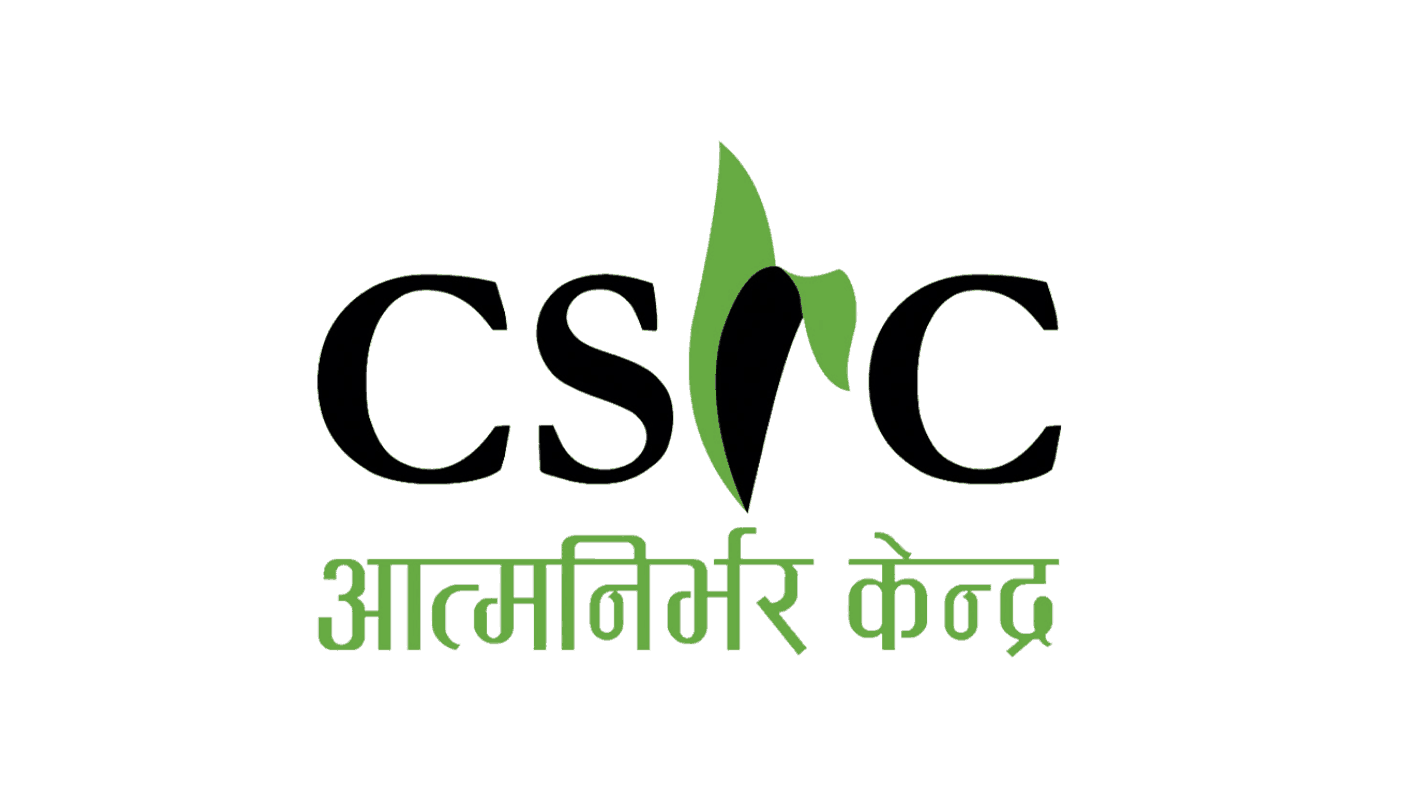
Securing land rights of women and indigenous peoples in the face of climate change in South Asia
4 -6 April, 2023 | Park Village Resort, Budhanilkanth, Kathmandu, Nepal
Theme: Land governance in support of inclusive and equitable climate change adaptation, mitigation, and local agency
General Introduction
Bangladesh, Nepal, and India share similar experiences of climate change and land inequities. The rain-fed agriculture of these countries makes them highly vulnerable to extreme climate events. Agriculture is the main source of livelihoods of 70% of the population. Among these, 60% are women who engage on agriculture, yet they are not recognised as a key stakeholder in the agricultural sector, making it difficult for them to cope with the impact of climate change. Land ownership also remains unequal, despite of the range of reformative efforts at both policy and practice level by the governments.
There is a complex interplay of gender, social justice, and agriculture that erodes women’s influence over the key decisions related to land and agriculture. Policies and programmes are often aimed at meeting targets rather than addressing structural barriers in achieving gender justice and social equality.
Therefore, turning policies into practice requires a unique learning and experience sharing platform among the change makers that enables to create inclusive pathways and meaningful participation. Inclusive and equitable climate adaptation and mitigation policies, strategies, and interventions will amplify local agency and gender transformative approaches in South Asia.
Rationale of the event
In South Asia, there is a critical need to advance the interventions of Indigenous Peoples, local communities (IPLCs) and women, and advocacy. One such way to do it is through multi-stakeholder dialogues to build local climate resilience, strengthen agency and amplify their voices by facilitating knowledge sharing, capacity building and collective action across countries. Securing IPLCs and women’s land rights (WLR) is a foundational aspect to increase their adaptive capacities, food security, and inclusive participation in political, social and policy processes.
IPLCs including women and youth customarily own and control nearly 40% of Asia’s territory, but only 8.7% of their lands are legally recognised. Lack of legal recognition of land rights constrains their informed and meaningful participation in climate change and conservation initiatives.
Event Design
The event involves both virtual and in person events. Pre and postevents will be conducted virtually(while some of the sessions during the main event will be conducted in a hybrid mode) to benefit from the contribution of wider participation. The sessions include experience sharing, panel sessions, group works, presentations and master classes.
Important Dates
| Preconference Events | 15 and 21 March 2023 |
| Pre-event – I: Social inclusion & gender justice among south Asia’s people’s organisations led National Land Coalitions (NLCs) | 15 March 2023 |
| Pre-event – II: Challenges and opportunities to operationalise commitments made under the Rio+ Conventions in South Asia | 21 March 2023 |
| Arrival in Nepal | 3 April 2023 |
| Main Conference | 4-6 April 2023 |
| Departure | 6 April 2023 |
Thematic Focus
- Effective and equitable tenure security for all with specific focus on women and IPLC;
- Political economy of land, forest, and water in the face of climate change to build community resilience;
- Human-rights based instruments to enhance equitable and inclusive land governance;
- Transparent and accessible community generated data on land and resources rights for monitoring SDGs and enhance duty barriers accountability;
- Showcasing the strategies of women land and environmental rights defenders and finding ways to amplify it while ensuring increased visibility in Asia region;
- Peoples’ organisations, women led coalitions, and building movements towards inclusive and equitable land rights.
Target Participants
Civil society organisations (CSOs) working on land, forest, and water especially on women’s land and resource rights, climate change, leaders of grassroots movement, development partners, community representatives, policy makers, government agencies and academia.
Objectives
The overall objective of this event is to engage local and regional state and community leaders in designing and implementing people-centred land policy reforms that includes IPLCs lived experience.
This is envisioned to be organised through building the bridge between the state and communities, capacity building of CSOs, community champions and relevant stakeholders’ knowledge shifting attitudes towards tackling the structural barriers for climate change mitigation, adaptation and land governance.

